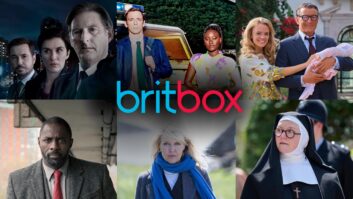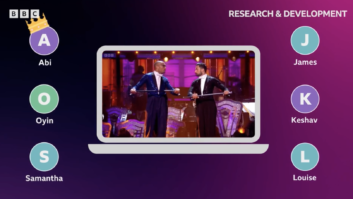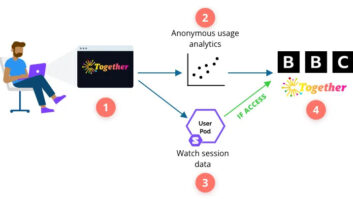
The UK government has reached an agreement with the BBC that it will take on the cost of providing free television licences for over-75s. This will be phased in from 2018/19 with the BBC taking on the full costs from 2020/21.
The government will bring forward legislation in the next year to alter the licence fee to cover public service broadcast catch-up TV. It will reduce the broadband ringfence to £80 million in 2017/18, £20 million in 2018/19, £10 million in 2019/20 and £0 million in 2020/21.
The government anticipates that the licence fee will rise in line with CPI over the next Charter Review period, subject to: (a) the conclusions of the Charter Review, in relation to the purposes and scope of the BBC; and, (b) the BBC demonstrating that it is undertaking efficiency savings at least equivalent to those in other parts of the public sector.
The case for decriminalisation of non-payment on the fee will be considered, in light of the Perry Report and the need for the BBC to be funded appropriately, and no decision will be taken in advance of Charter Review.
“The BBC is a valued national institution that produces some of the finest television and radio in the world,” said Chancellor George Osborne. “But it is also a publicly-funded body, so it is right that it, like other parts of the public sector, should make savings.”
“The deal we have agreed with the Corporation means that it will take on the significant cost of TV licences for the over-75s, easing some of the pressure on taxpayers who have to meet the country’s welfare bill, while also ensuring that our promise to maintain pensioner benefits is met in full over the next five years.”
“The decisions the BBC and the government have reached together will also secure its long-term future, with a funding model that is sustainable and can adapt in an age where technology is rapidly changing.”
Secretary of state for Culture, Media and Sport, John Whittingdale MP (pictured), added: “The BBC is a world-class broadcaster and a cultural institution producing some of the best television and radio in the world. However as a publicly-funded institution, it also needs to make savings and contribute to what we need to do to get our country’s finances in order.
“I welcome the BBC’s commitment in reaching this funding agreement, which is an important issue for its own future. I look forward to discussing the full range of issues over the course of the Charter Review period, and will be making an announcement about the process for the Review in due course.
Director-general of the BBC, Tony Hall, said: “We have secured the right deal for the BBC in difficult economic circumstances for the country. This
agreement secures the long term funding for a strong BBC over the next Charter period. It means a commitment to increase the licence fee in line with inflation, subject to Charter Review, the end of the iPlayer loophole and the end of the broadband ringfence. In the circumstances, the BBC has agreed take on the costs for free licence fees for over-75s, and after the next parliament, will take on the policy.”







